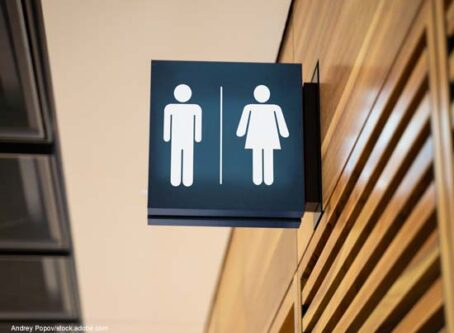Vermont moves closer to saliva testing for drugged drivers
An effort winding its way through the Vermont Legislature would permit police to use saliva to determine whether a driver is operating a vehicle under the influence.
Vermont law now permits police to administer a Breathalyzer test to measure the blood alcohol limit for drivers suspected of driving under the influence of alcohol. Motorists with a blood alcohol content of at least 0.08 percent are escorted to a law enforcement office and given a blood test. For commercial drivers, the threshold is 0.04 percent.
Police are limited to using blood tests to show that drivers are impaired by drugs. Blood tests must be done at a hospital and require a warrant.
The House voted to advance a bill that would authorize law enforcement to use a roadside saliva test to screen vehicle operators for the presence of certain drugs, including marijuana. H237 now moves to the Senate.
Drivers testing positive for drugs that include opioids would be responsible for taking a follow-up saliva test. The test could be used as evidence in court.
Unlike an alcohol test, there would be no numerical limit to define drug impairment with a saliva test. Instead, the saliva test would be used to confirm the presence of certain drugs in the driver’s system.
The pursuit of permission to collect saliva for testing purposes follows the recent enactment of a bill to legalize recreational marijuana use. Previously H511, the new rules take effect July 1.
Supporters say a saliva test is less invasive than a blood test. They add that a saliva test is also much quicker to administer.
The American Civil Liberties Union of Vermont opposes H0237. The group cites multiple privacy concerns.
Speaking at a recent hearing on the bill, Vermont Department of Public Safety Commissioner Thomas Anderson said the saliva test would simply be one more tool for officers to determine whether a driver is impaired.
H0237 awaits assignment to committee in the Senate.









